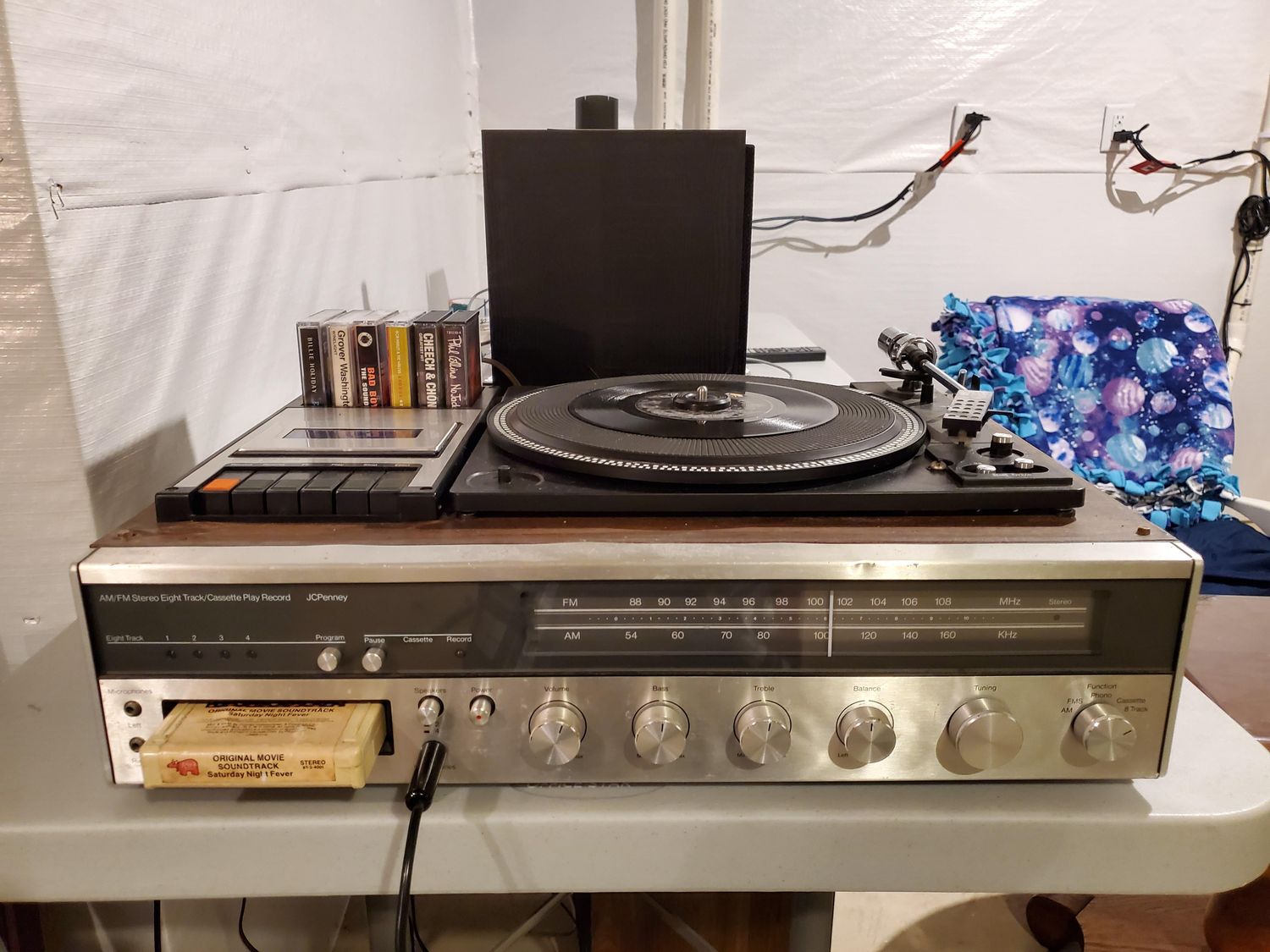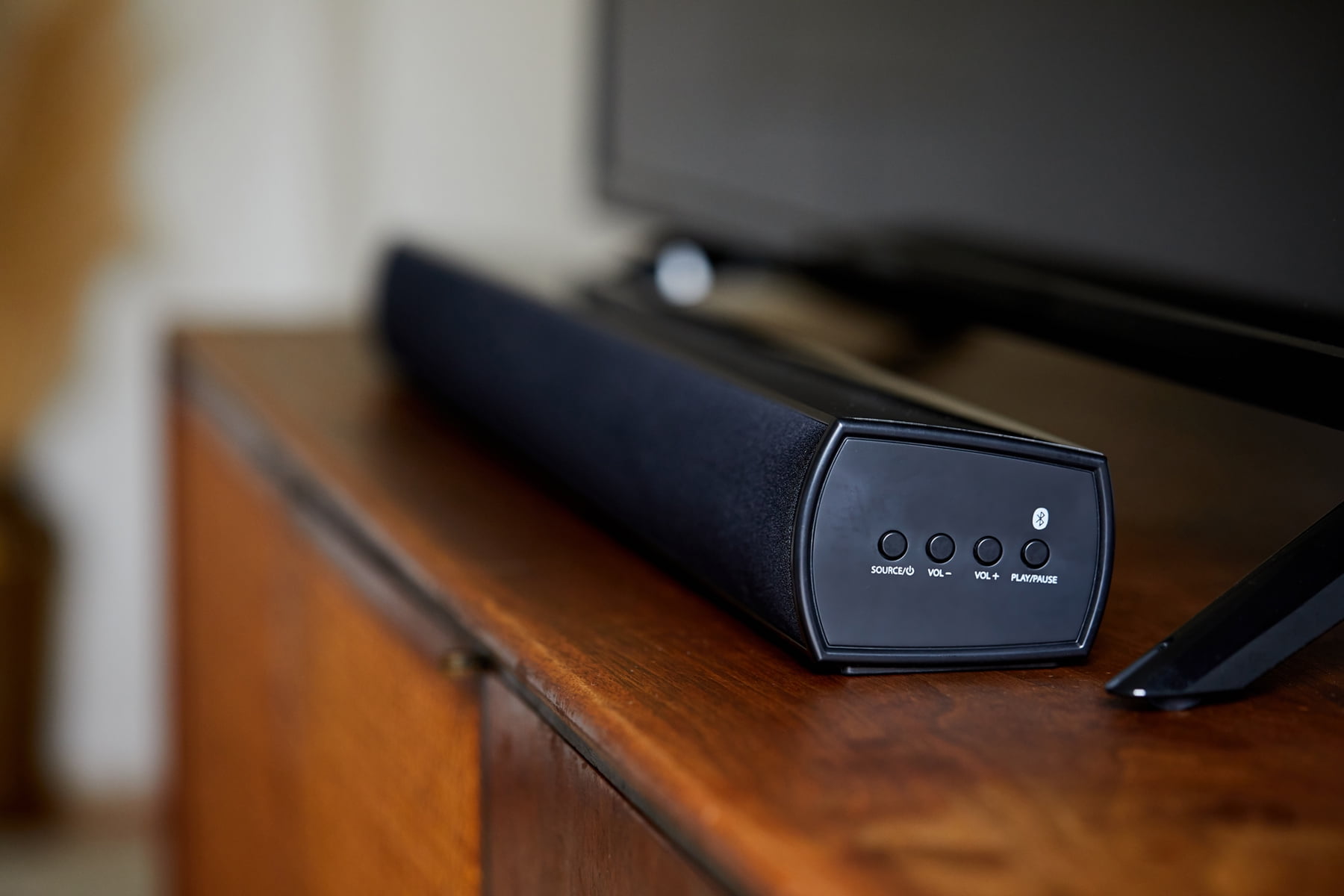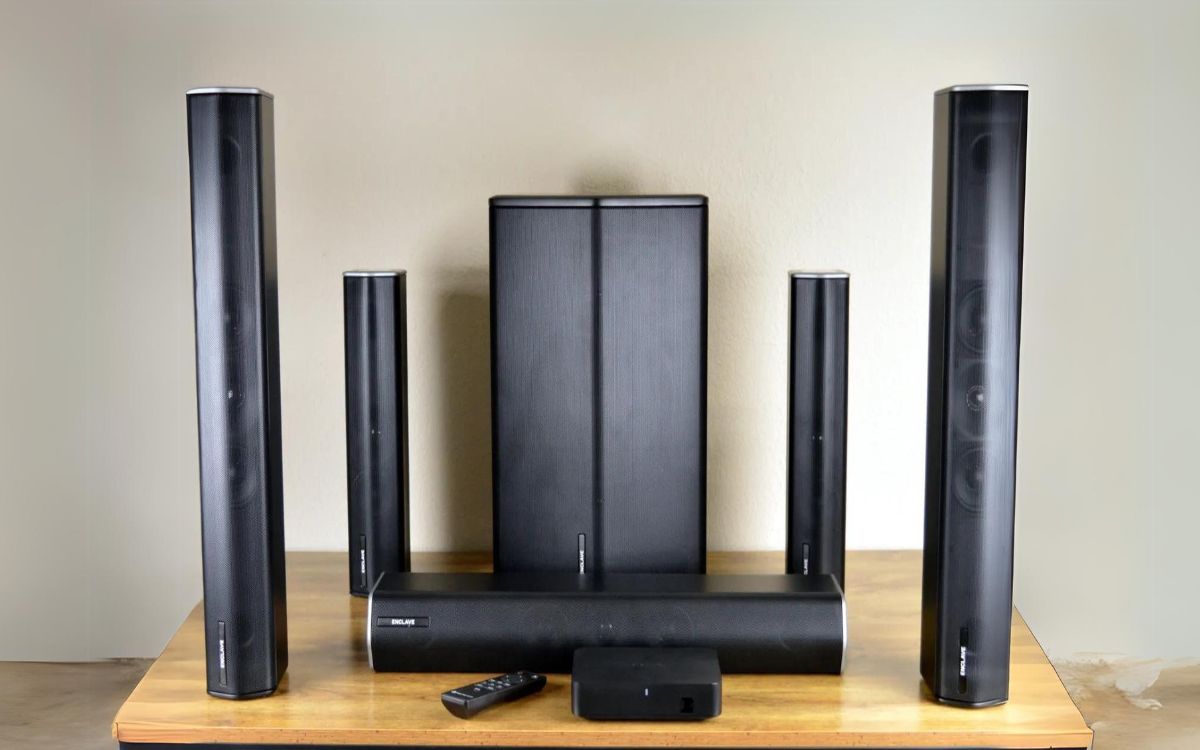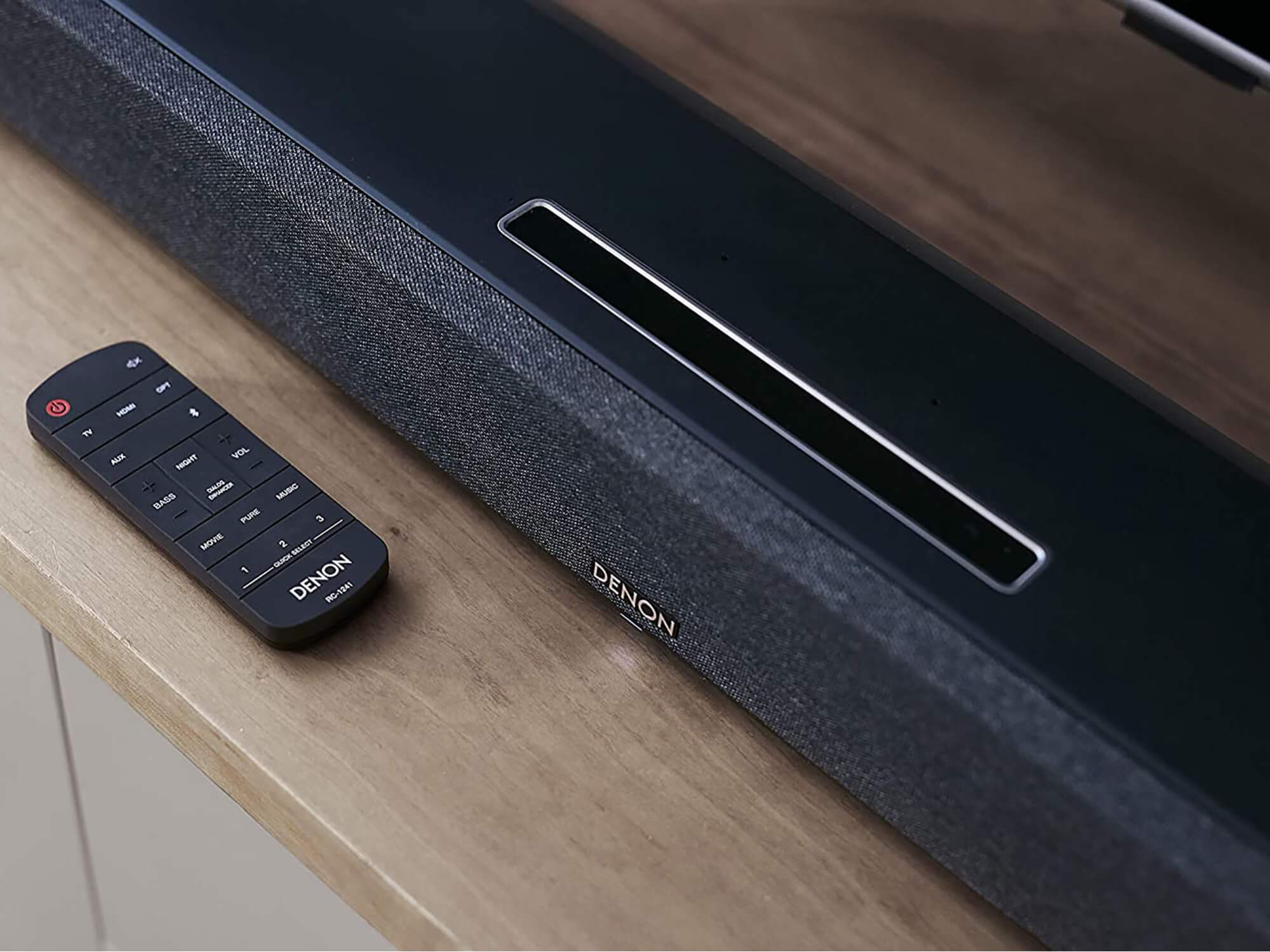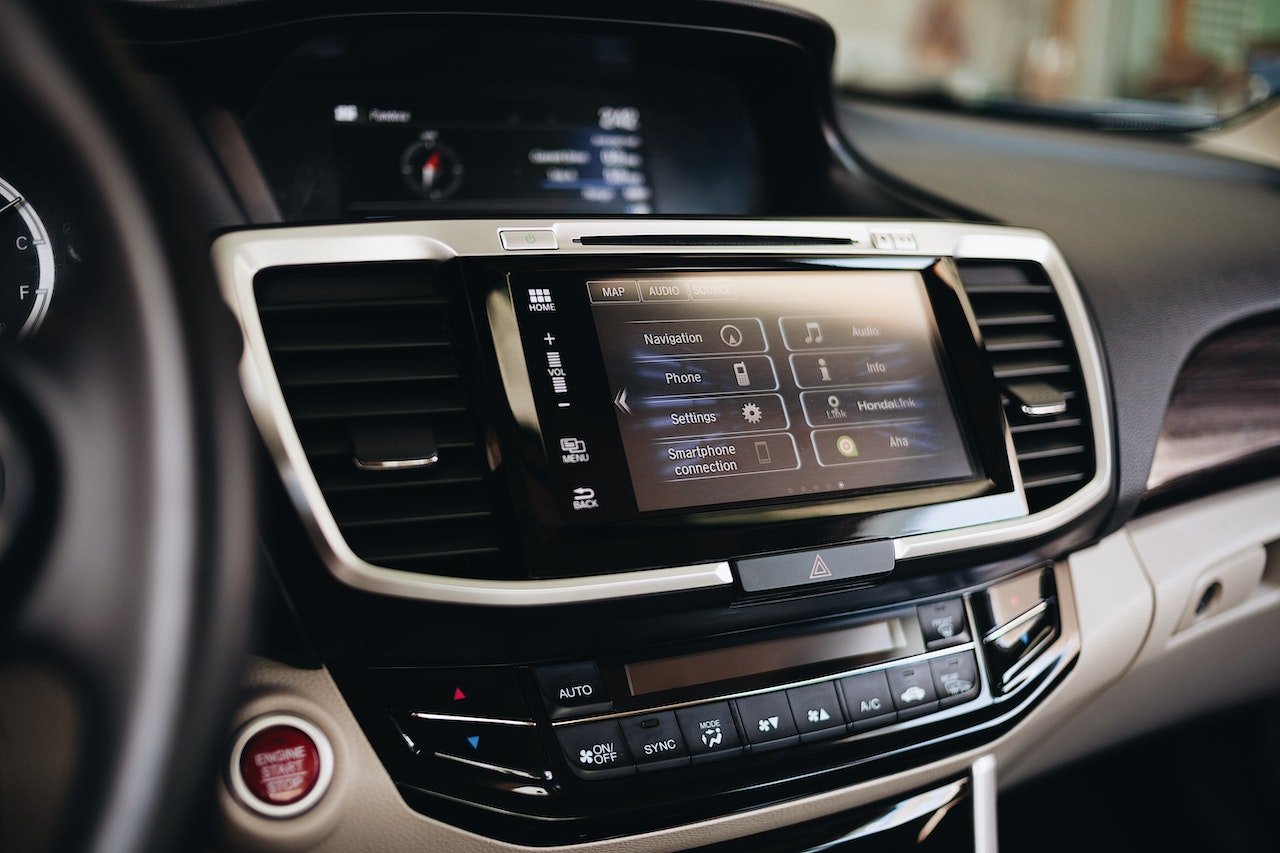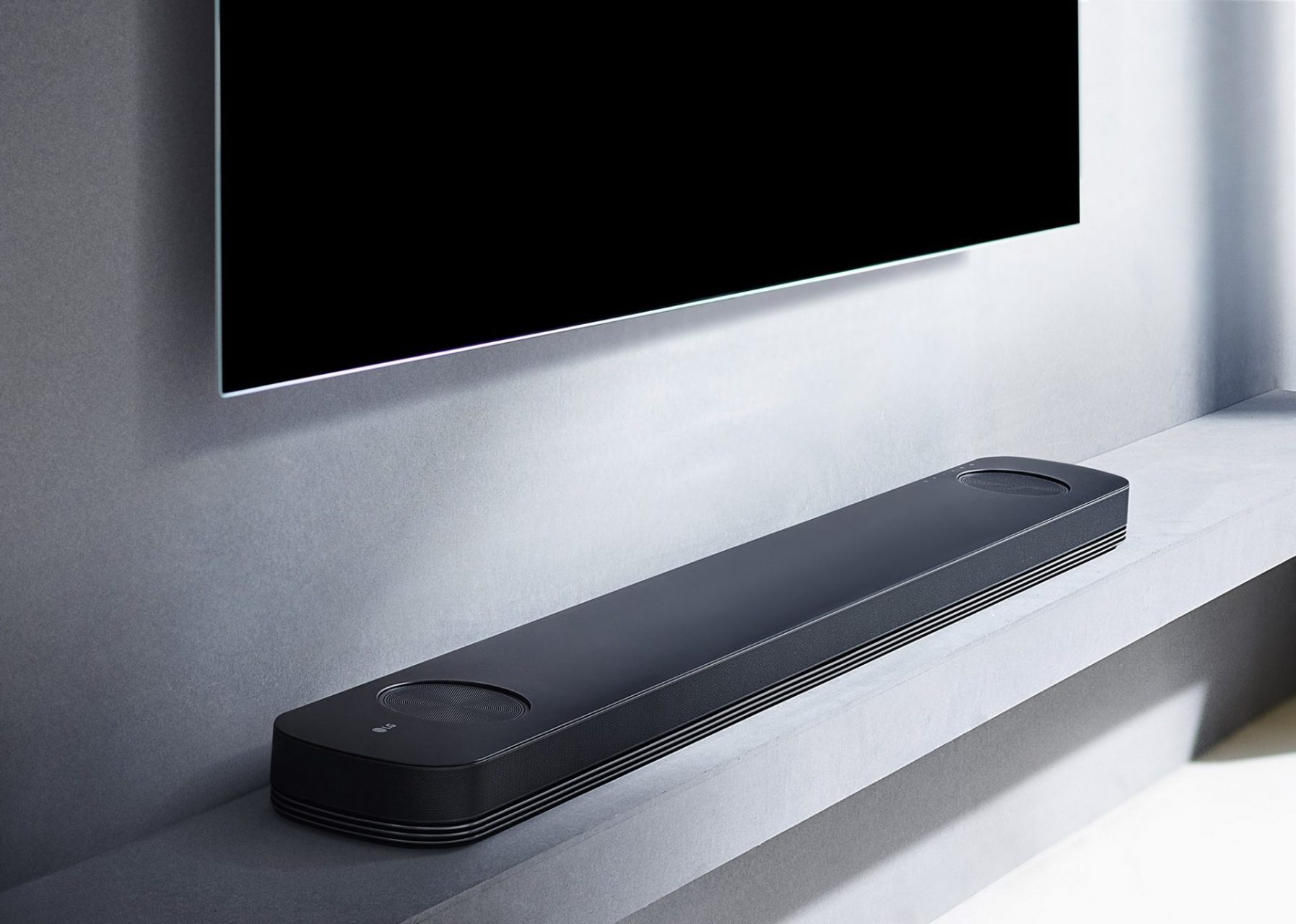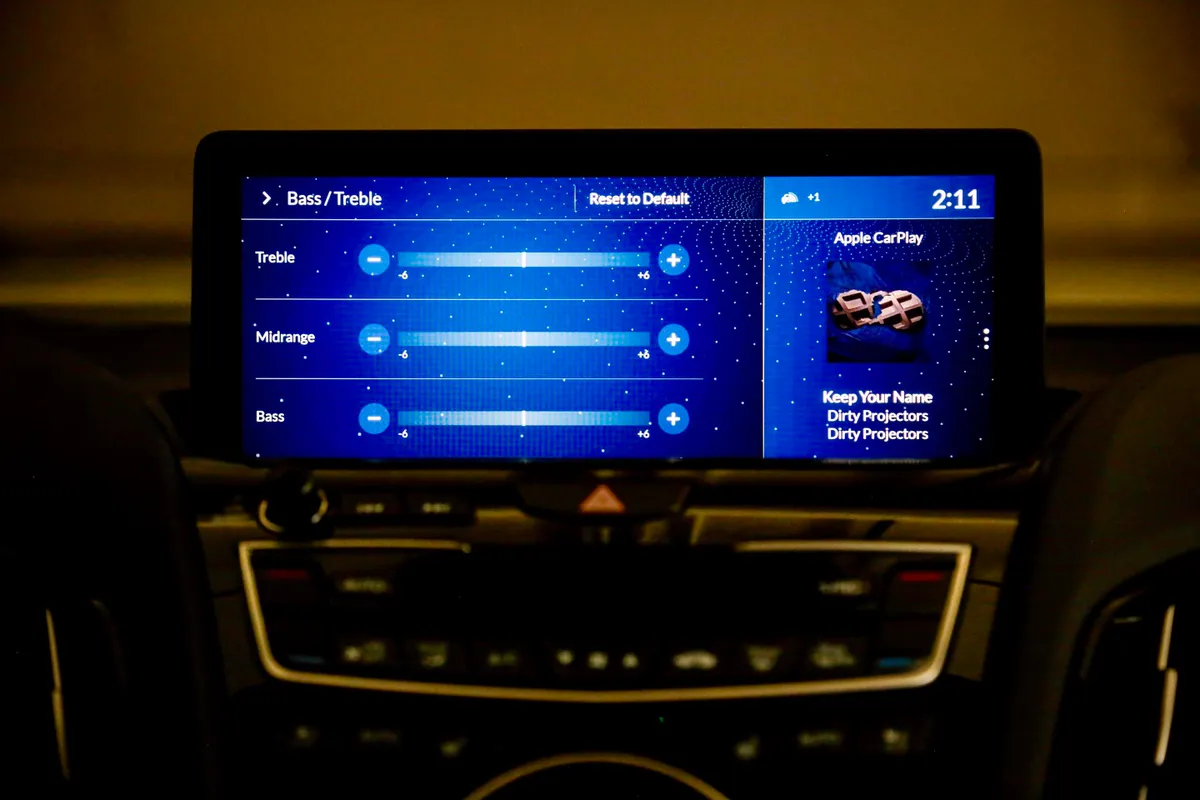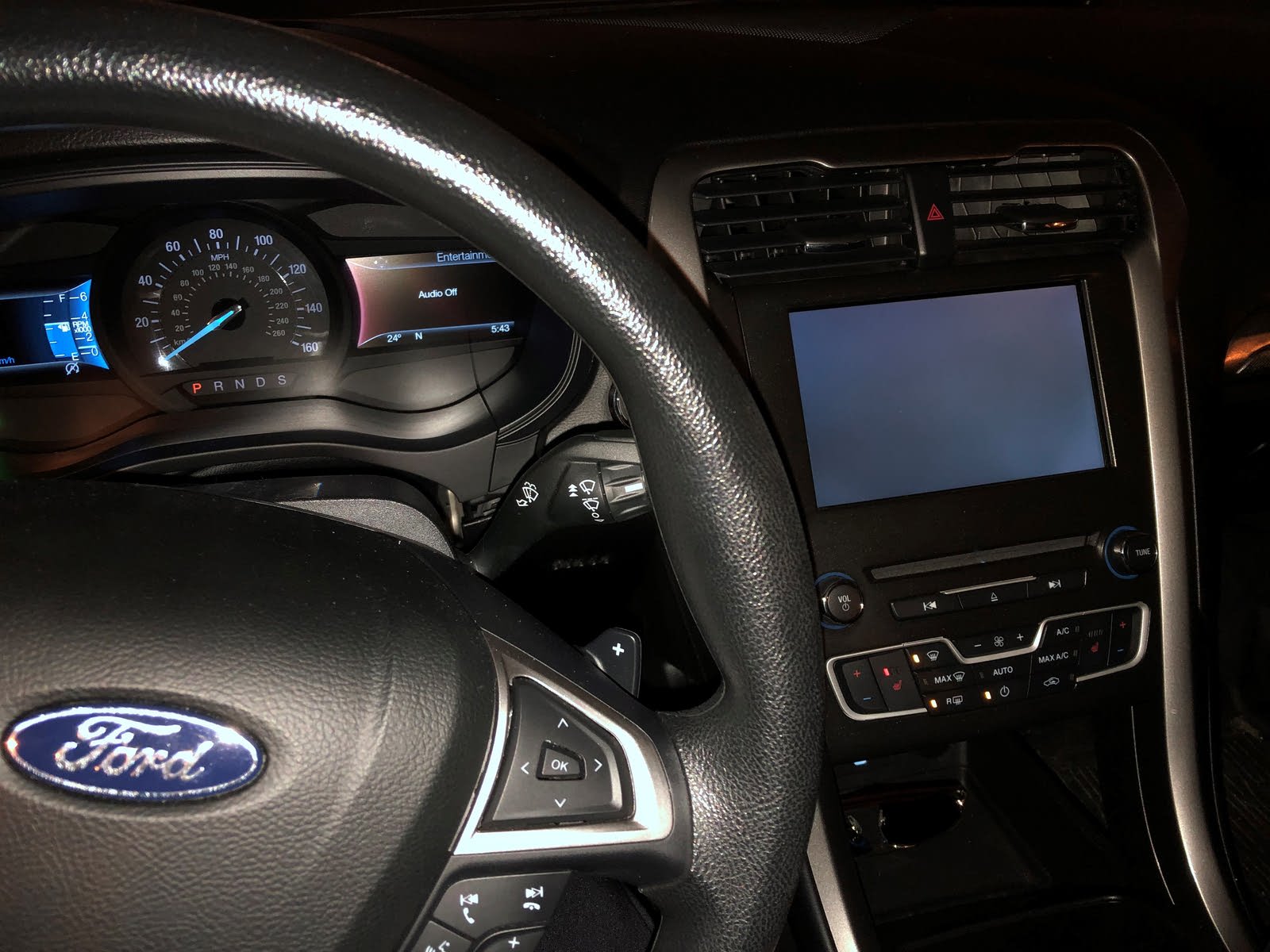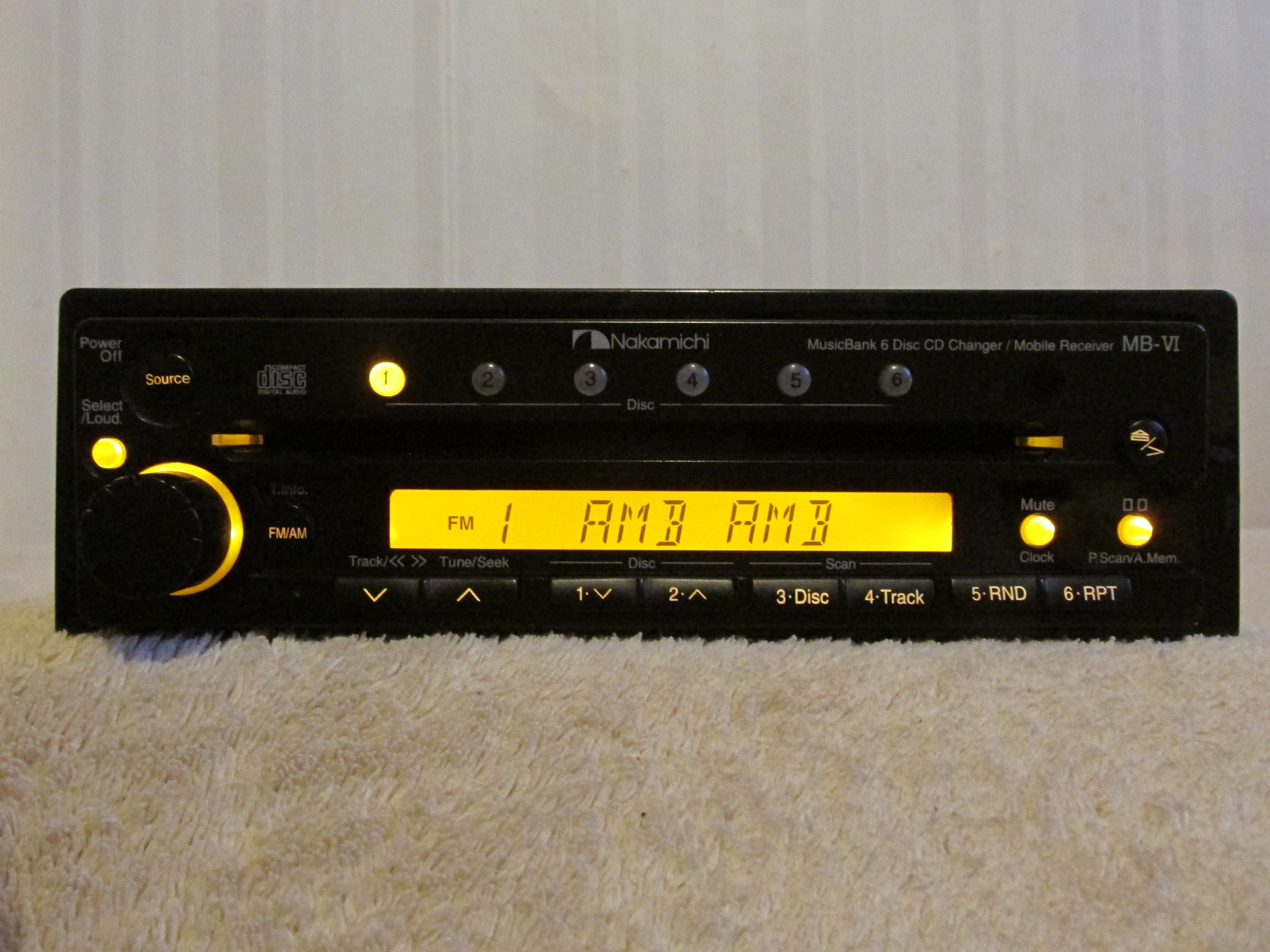Home>Production & Technology>Sound>Car Making Sound When Turning
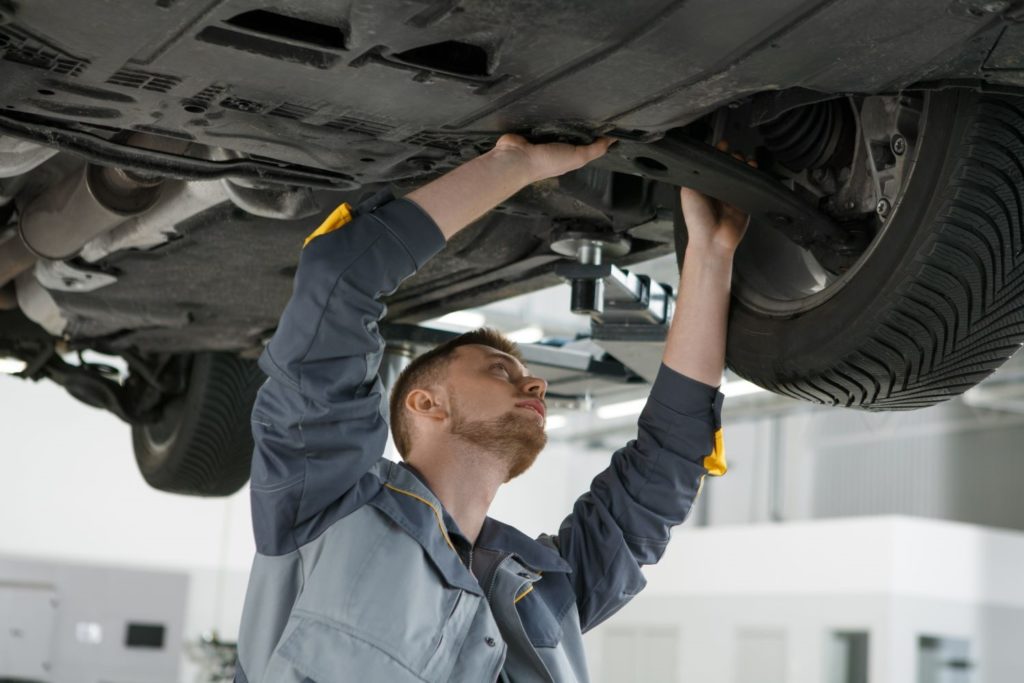

Sound
Car Making Sound When Turning
Published: December 19, 2023
Experiencing car troubles? Hear strange sounds when turning? Learn why your car is making sound when turning and how to fix it.
(Many of the links in this article redirect to a specific reviewed product. Your purchase of these products through affiliate links helps to generate commission for AudioLover.com, at no extra cost. Learn more)
Table of Contents
- Introduction
- Possible Reasons for Car Making Sound When Turning
- Low Power Steering Fluid
- Worn or Damaged Power Steering Belt
- Faulty Power Steering Pump
- Malfunctioning CV Joints
- Loose or Worn Suspension Components
- Problems with the Wheel Bearings
- Issues with the Steering Rack or Tie Rods
- Problems with the Steering Column
- Conclusion
Introduction
One common issue that many car owners may experience is hearing strange sounds when turning their vehicle. These sounds can be alarming and may indicate underlying problems with the car’s steering or suspension system. Understanding the possible reasons behind the sound can help car owners identify and address the issue before it escalates into a more significant problem.
It is important to note that diagnosing the exact cause can be challenging without a professional inspection. However, there are several common culprits that are often responsible for a car making sound when turning. By familiarizing yourself with these potential causes, you can have a better understanding of what might be going wrong.
In this article, we will explore some of the most common reasons why a car may make sound when turning and discuss how each issue can affect the vehicle’s performance. It’s worth mentioning that while some of these issues can be resolved with simple maintenance, others may require professional assistance, so it’s essential to have a trusted mechanic inspect your vehicle if you’re unsure about the source of the sound.
Possible Reasons for Car Making Sound When Turning
When a car makes a sound when turning, it could be attributed to various factors. Here are some of the most common reasons why this might occur:
- Low Power Steering Fluid: Insufficient power steering fluid can cause the steering wheel to produce a whining or squealing noise when turning. It is crucial to check the power steering fluid level and add more if necessary.
- Worn or Damaged Power Steering Belt: A loose or worn power steering belt can create a screeching or squealing sound when turning the steering wheel. The belt may need to be tightened or replaced to eliminate the noise.
- Faulty Power Steering Pump: A faulty power steering pump can cause a grinding or whining noise when turning. This issue may require repair or replacement of the pump to resolve the noise.
- Malfunctioning CV Joints: Worn or damaged CV joints can produce a clicking or popping sound when turning. These joints are responsible for transmitting power from the transmission to the wheels, and if they become damaged, they should be replaced promptly to ensure safe driving.
- Loose or Worn Suspension Components: Loose or worn suspension components, such as control arms or bushings, can result in clunking or rattling sounds when turning. Regular maintenance and inspection of the suspension system can help identify and resolve these issues.
- Problems with the Wheel Bearings: Faulty wheel bearings often manifest as a humming or grinding noise, especially when turning at higher speeds. Ignoring this issue can lead to severe damage and potential wheel failure, so it’s essential to have them checked and replaced if necessary.
- Issues with the Steering Rack or Tie Rods: A damaged steering rack or worn tie rods can cause a knocking or clicking sound when turning. These components are critical for the proper functioning of the steering system and should be inspected and repaired by a professional.
- Problems with the Steering Column: A faulty steering column can result in a clunking or clicking noise when turning. This issue may require disassembly and repair of the steering column by an experienced mechanic.
It’s important to remember that while these are some common causes of car noises when turning, each car is unique, and the exact cause may vary. If you’re experiencing unusual sounds when turning your car, it’s best to consult a qualified mechanic to diagnose and address the problem effectively.
Low Power Steering Fluid
One possible reason for a car making a sound when turning is low power steering fluid. The power steering system relies on hydraulic fluid to assist in turning the wheels smoothly. When the fluid level is low, the power steering pump may not function optimally, resulting in a whining or squealing noise.
Low power steering fluid can be caused by a leak in the system or simply by normal wear and tear over time. It’s essential to check the power steering fluid reservoir regularly to ensure it’s at the proper level. If you notice that the fluid level is below the recommended mark, it’s crucial to add more fluid to prevent further damage to the power steering system.
Adding power steering fluid is relatively straightforward. Start by locating the power steering fluid reservoir, which is usually labeled and located near the engine. Remove the cap and use a funnel to add the appropriate type of power steering fluid. It’s important to use the fluid recommended by the vehicle manufacturer.
While adding power steering fluid may temporarily resolve the noise issue, it’s also vital to identify the source of the fluid leak, if present. Common areas to check for leaks include the power steering hoses, pump, and rack and pinion assembly. If you notice any signs of leakage, such as wet spots, drips, or a strong smell of power steering fluid, it’s best to have a professional mechanic inspect and repair the issue.
Regular maintenance of the power steering system, including checking and topping up the fluid level, can help prevent low power steering fluid and the associated noise when turning. It’s a simple yet effective way to ensure the smooth and reliable operation of your vehicle’s steering system.
Worn or Damaged Power Steering Belt
Another possible reason for a car making a sound when turning is a worn or damaged power steering belt. The power steering belt is responsible for transferring power from the engine to the power steering pump, which helps assist in turning the wheels smoothly. Over time, the belt can become loose, worn, or damaged, resulting in a screeching or squealing noise when turning the steering wheel.
To determine if the power steering belt is the culprit, you can visually inspect it for signs of wear or damage. Look for cracks, fraying, or excessive slack in the belt. If any of these issues are present, it’s likely that the power steering belt needs to be replaced.
Replacing the power steering belt is a relatively straightforward process but may require some mechanical skill. Start by locating the belt tensioner, which is usually a pulley that can be adjusted to loosen or tighten the belt. Use the appropriate-sized wrench or socket to relieve tension on the belt, allowing you to remove it from the pulleys. Install the new belt by following the appropriate routing diagram provided by the vehicle manufacturer and then adjust the tension accordingly.
If you’re unsure about replacing the power steering belt yourself, it’s always best to seek the assistance of a professional mechanic. They can accurately assess the condition of the belt and perform the necessary replacement, ensuring that it is done correctly.
Regular maintenance of the power steering belt, such as checking for signs of wear and replacing it when necessary, can help prevent noise issues when turning. Additionally, ensuring proper tension and alignment of the belt can contribute to the optimal functioning of the power steering system.
By addressing a worn or damaged power steering belt promptly, you can maintain the reliability and performance of your vehicle’s steering system, ensuring a comfortable and safe driving experience.
Faulty Power Steering Pump
A faulty power steering pump can be another reason why a car makes a sound when turning. The power steering pump is responsible for generating the hydraulic pressure needed to assist in turning the wheels smoothly. If the pump is malfunctioning, it can produce a grinding, whining, or moaning noise.
There are several potential issues that can cause a power steering pump to fail or perform poorly. One common problem is a worn or damaged pump bearing, which can create a grinding noise when the steering wheel is turned. Another issue could be a faulty pump pulley, which may produce a squealing or whining sound.
If you suspect that the power steering pump is the source of the noise, it’s important to have it inspected by a professional mechanic. They will be able to diagnose the issue accurately and determine if the pump needs to be repaired or replaced.
Repairing or replacing a power steering pump can be a more involved and complex task compared to other potential causes of noise when turning. It often requires draining the power steering fluid, removing the old pump, and installing a new one. Additionally, the system may need to be bled to remove air pockets and ensure proper functioning.
Attempting to repair or replace a power steering pump without the necessary knowledge and experience can lead to further damage and potentially compromise the vehicle’s safety. Therefore, it’s important to leave this task in the hands of professionals who can perform the job effectively and ensure the proper functioning of the power steering system.
Regular maintenance of the power steering pump, such as checking the fluid level and quality, can contribute to its longevity and prevent premature failure. Additionally, addressing any power steering pump issues promptly can help avoid further damage and expensive repairs down the line.
By addressing a faulty power steering pump, you can restore the smooth operation of your steering system and eliminate the noise when turning, ensuring a comfortable and enjoyable driving experience.
Malfunctioning CV Joints
When a car makes a sound when turning, one potential culprit can be malfunctioning constant velocity (CV) joints. CV joints are crucial components in the drivetrain that transmit power from the transmission to the wheels, allowing for flexibility and smooth rotation while turning.
Over time, CV joints can become worn or damaged, leading to a clicking, popping, or clunking sound when turning. This is often caused by the protective rubber boot that surrounds the joint tearing or deteriorating, allowing contaminants to enter and grease to escape. Without proper lubrication and protection, the CV joint’s bearings can wear out, resulting in the noise.
Diagnosing a faulty CV joint typically involves a visual inspection of the rubber boots. If the boots are torn or damaged, it’s crucial to have the CV joints inspected and repaired as soon as possible. Ignoring this issue can lead to further damage and potentially cause the joint to fail completely, resulting in a complete loss of power to the wheels.
Repairing CV joints often involves replacing the affected joint or the entire axle assembly, depending on the extent of the damage. This is a task best left to professionals who have the necessary tools and expertise to perform the repair accurately.
Regular maintenance of the CV joints, including inspecting and replacing damaged rubber boots and ensuring proper lubrication, can help prolong their lifespan and prevent unnecessary noise and damage. Additionally, avoiding rough driving conditions and excessive turning angles can also help minimize stress on the CV joints.
By addressing malfunctioning CV joints promptly, you can maintain the integrity of your vehicle’s drivetrain and ensure smooth and efficient power transfer, resulting in a quiet and enjoyable driving experience.
Loose or Worn Suspension Components
A car making a sound when turning may be attributed to loose or worn suspension components. The suspension system plays a crucial role in maintaining stability, handling, and comfort while driving. Over time, various components of the suspension system, such as control arms, bushings, and stabilizer links, can become worn or loose, resulting in clunking, rattling, or knocking noises when turning.
To determine if loose or worn suspension components are causing the noise, a visual inspection is necessary. Look for signs of excessive play, corrosion, or damage in the various suspension components, particularly around the control arms, bushings, and ball joints. Wear and tear in these components can lead to instability and create noise when turning.
Repairing loose or worn suspension components may involve replacing damaged bushings, control arms, or other relevant parts. This task often requires specialized tools and expertise, so it’s advisable to seek assistance from a professional mechanic to ensure the proper repair and reinstallation of the components.
Regular maintenance of the suspension system, including inspecting and lubricating components, can help prevent premature wear and reduce the likelihood of noise when turning. Additionally, driving cautiously over rough roads and avoiding potholes and other road hazards can help minimize stress on the suspension and prolong its lifespan.
If you notice any unusual noises when turning your car, especially in conjunction with other signs of suspension issues such as excessive bouncing or uneven tire wear, it’s important to have the suspension system inspected by a professional. Prompt diagnosis and repair can help restore the performance and ride comfort of your vehicle, ensuring a safer and smoother driving experience.
Problems with the Wheel Bearings
Problems with the wheel bearings can be a common cause of a car making noise when turning. Wheel bearings are essential components that allow the wheels to rotate smoothly and with minimal friction. Over time, these bearings can wear out or become damaged, resulting in a humming, grinding, or growling noise when turning.
If you suspect that the wheel bearings are the source of the noise, one way to confirm this is to listen for changes in the noise while driving. Wheel bearing noise typically becomes more pronounced when turning, especially at higher speeds. Additionally, the noise may increase or decrease depending on the direction of the turn.
To diagnose and address wheel bearing issues, it’s best to have your vehicle inspected by a qualified mechanic. They will be able to assess the condition of the wheel bearings and determine if they need to be replaced. Wheel bearing replacement typically involves disassembling the wheel hub assembly, removing the old bearings, and installing new ones.
Regular maintenance of the wheel bearings is crucial to prevent premature wear and prolong their lifespan. This includes routine inspection, greasing if applicable, and ensuring that the bearings are properly tightened. Additionally, avoiding driving through deep water or exposing the bearings to excessive heat can help protect them from damage.
It’s essential not to ignore wheel bearing issues as they can lead to more severe problems, including wheel failure and loss of control. If left unaddressed, worn or damaged wheel bearings can cause the wheel to become loose or even detach from the vehicle while driving.
If you notice any unusual noises coming from your car’s wheels when turning, it’s vital to have the wheel bearings inspected and replaced if necessary. By addressing wheel bearing problems promptly, you can ensure the safety and performance of your vehicle’s wheels, providing a smooth and quiet driving experience.
Issues with the Steering Rack or Tie Rods
When a car makes a sound when turning, one possible reason could be issues with the steering rack or tie rods. The steering rack is a vital component of the steering system that converts the rotational motion of the steering wheel into the linear motion needed to turn the wheels. The tie rods, on the other hand, connect the steering rack to the steering knuckles, allowing for smooth and precise steering control.
If the steering rack or tie rods are worn or damaged, they can produce a knocking or clicking sound when turning the steering wheel. Over time, the constant stress and movement can cause these components to loosen or develop play, leading to the noise. Additionally, worn or damaged tie rod ends can also result in a vibration or shimmying sensation when turning.
Diagnosing issues with the steering rack or tie rods often requires a visual inspection. Mechanics will typically examine the components for signs of wear, damage, or excessive play. They may also perform a test called a “tie rod end shake test” to determine if there is any looseness in the tie rod ends.
Repairing steering rack or tie rod issues can involve different approaches depending on the extent of the damage. In some cases, simply tightening the components or replacing worn tie rod ends may be sufficient. However, more severe damage may require the replacement of the entire steering rack or other related components.
Regular maintenance and inspection of the steering system are important to identify and address issues with the steering rack or tie rods promptly. Proper lubrication, regular alignment checks, and avoiding impacts like hitting curbs or potholes can help prolong the lifespan of these components.
If you’re experiencing noise or other issues when turning the steering wheel, it’s crucial to have the steering rack and tie rods inspected and repaired by a professional mechanic. Ignoring these problems can lead to more severe steering issues and compromise your ability to control the vehicle safely.
By addressing any issues with the steering rack or tie rods promptly, you can ensure the proper functioning of the steering system, smooth handling, and a quieter driving experience.
Problems with the Steering Column
If your car is making a sound when turning, there is a possibility that the issue lies with the steering column. The steering column is a crucial component that connects the steering wheel to the steering system and allows for control and maneuverability of the vehicle.
A problem with the steering column can manifest as a clunking, clicking, or popping noise when turning the steering wheel. This could be indicative of various issues, such as a loose or worn steering column joint, damaged universal joint, or problems with the intermediate shaft.
Diagnosing the exact cause of the noise requires a thorough inspection of the steering column by a qualified mechanic. They will examine the components, check for any play or looseness, and identify if any parts need to be repaired or replaced.
Repairing problems with the steering column can involve different approaches depending on the specific issue. In some cases, tightening loose components or replacing worn joints may be the solution. However, if there is significant damage to the steering column, a complete replacement may be necessary.
Proper maintenance of the steering column is essential to prevent issues and noise when turning. This includes ensuring regular lubrication of the relevant components and avoiding excessive force or impact on the steering wheel.
If you notice unusual sounds or any other indications of problems with the steering column, it’s crucial to have it inspected and repaired by a professional mechanic. Ignoring these issues can lead to further damage or even a loss of control while driving.
By addressing problems with the steering column promptly, you can ensure the proper functioning of your vehicle’s steering system, maintain control and stability, and enjoy a quieter and safer driving experience.
Conclusion
When your car makes a sound when turning, it’s important to identify and address the underlying issue promptly. By understanding the possible reasons behind the noise, you can take the necessary steps to resolve the problem and prevent further damage to your vehicle.
In this article, we have discussed some of the most common reasons why a car may make noise when turning. These include low power steering fluid, worn or damaged power steering belts, faulty power steering pumps, malfunctioning CV joints, loose or worn suspension components, problems with wheel bearings, issues with the steering rack or tie rods, and problems with the steering column.
While some of these issues can be resolved with simple repairs or maintenance, others may require the expertise of a professional mechanic. It’s important to have any unusual noises or steering-related concerns inspected by a qualified professional to accurately diagnose and address the problem.
Regular maintenance and inspection of the steering and suspension system are crucial to preventing potential problems. This includes checking fluid levels, replacing worn components, lubricating relevant parts, and avoiding road hazards.
By taking proactive measures and addressing any issues promptly, you can ensure the optimal performance, safety, and longevity of your vehicle’s steering and suspension systems. Remember, a quiet and smooth driving experience starts with a well-maintained and properly functioning car.

